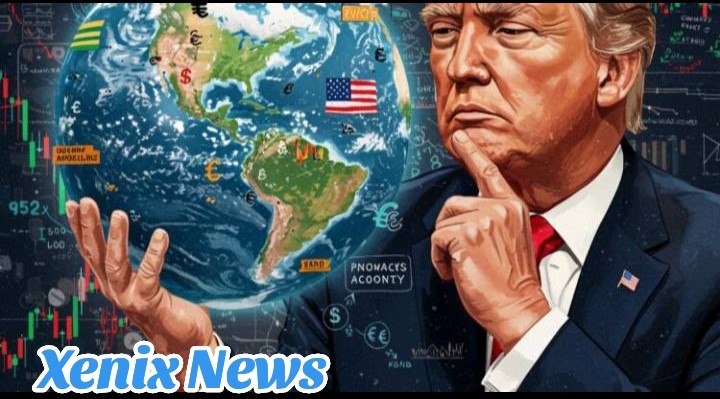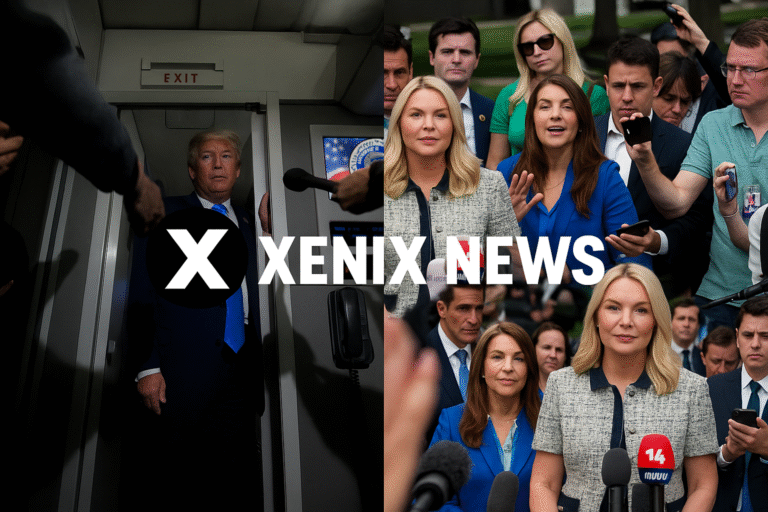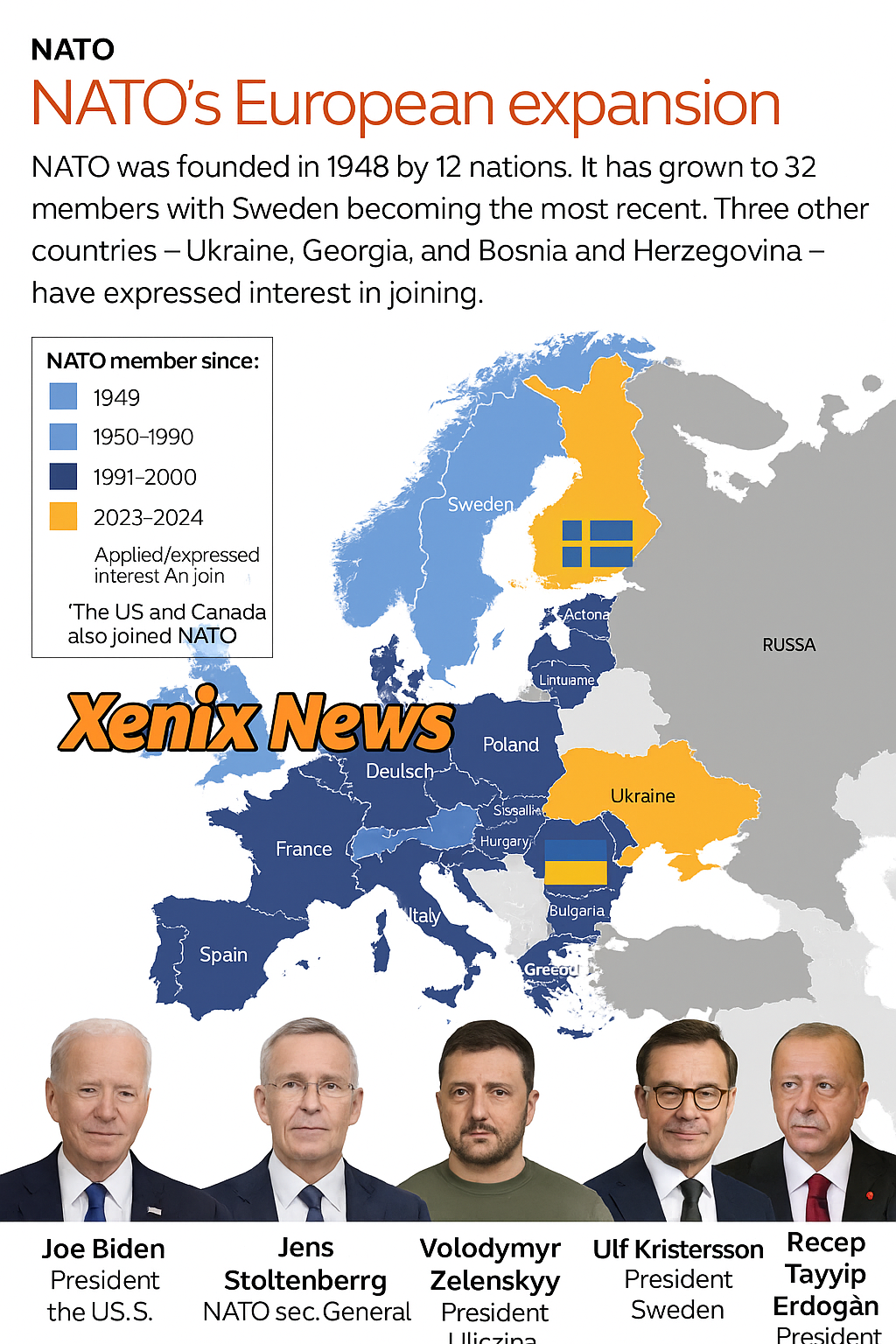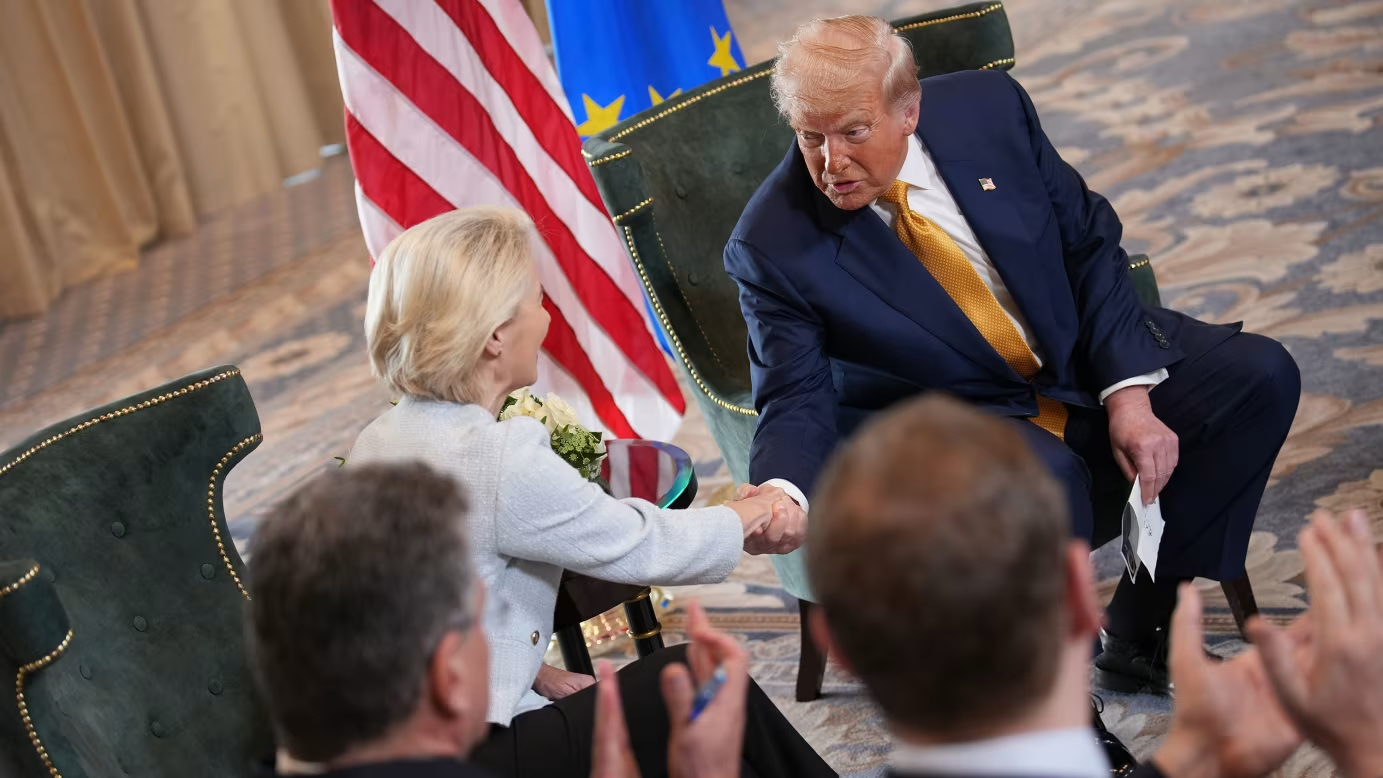
On July 27, 2025, U.S. President Donald Trump declared a major trade deal with the European Union, which his team views as one of his key achievements.
. He continues to be caught up in the persistent Jeffrey Epstein story, which shows no signs of diminishing despite increasing examination.
A Significant Trade Advancement
At a weekend gathering at Trump’s Turnberry resort in Scotland, Trump and European Commission President Ursula von der Leyen finalized a deal imposing a 15% tariff on the majority of EU exports are significantly lower than the 30% threat proposed by Trump, yet still higher than the figures before his presidency.
In return, the EU agreed to buy about $750 billion in American energy products over three years and invest $600 billion in the U.S., which includes buying military equipment.
Although specific strategic industries—including aircraft parts, certain chemicals, semiconductors, agricultural products, and generic drugs—will benefit from zero tariffs, the majority of European products will now encounter a standard 15% tariff.
The Wall Street Journal
Trump described the agreement as groundbreaking, labeling it possibly his “largest ever executed,” and commended its reliability for businesses across the Atlantic. Von der Leyen characterized it as a stabilizing influence, stating that the agreement provides essential predictability.
Political and Economic Responses
For Trump, the agreement emphasizes his image as a hard negotiator transforming U.S. trade policy. Analysts consider it a distinct triumph in both politics and economics—a model replicated in recent agreements with Japan, the UK, and Southeast Asian allies.
Reactions in Europe varied. German Chancellor Friedrich Merz expressed approval regarding the prevention of escalation, while French Prime Minister François Bayrou labeled the result as a “dark day” for European cohesion and economic independence. The updated tariff rate still surpasses the EU’s former average of approximately 4.8%, causing worries about competitiveness.
Epstein Scandal: A Persistent Distraction
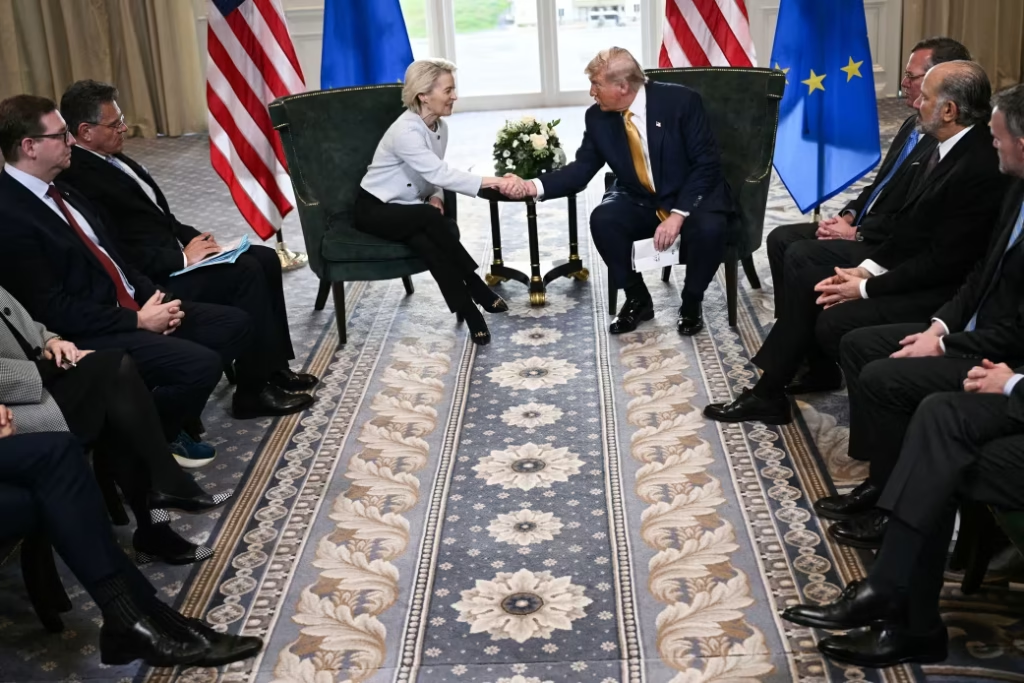
Despite the trade success, the Jeffrey Epstein controversy remains a burden for Trump, provoking bipartisan demands for transparency and inquiry as the administration advances its plans.
Trump confronts ongoing media and congressional scrutiny regarding his past association with Epstein, including claims that his name is listed in Epstein’s infamous “birthday book”—a document that allegedly features a letter signed by Trump. House Democrats, supported by certain Republicans, are requesting the unredacted “birthday book” and issuing a subpoena for Ghislaine Maxwell to provide testimony.
Despite the Justice Department’s public confirmation that no additional incriminating documents are to be released, critics claim the administration is concealing evidence. A decision to keep grand jury records and transcripts sealed has heightened examination.
Discomfort has started to emerge among Trump’s circle and MAGA supporters.
. Certain individuals who previously supported conspiracy theories regarding Epstein are now calling for increased transparency. The strained situation, coupled with rumors about a potential pardon for Maxwell, has hindered Trump’s attempts to manage the narrative.
Two Titles, Fragile Equilibrium
The EU accord acts as a political victory for Trump: a deal that captures attention and reinforces his “America-first” trade stance while averting an expensive clash with the 27 member nations of the bloc. However, detractors in the EU caution that the advantages for Europe could be shallow—and unstable.
On the contrary, the Epstein scandal continues to be a reputational burden.Additional disclosures are expected, and an extensive bipartisan House inquiry is forthcoming.
As public polls indicate decreasing trust in the administration’s openness, the issue risks overshadowing even his greatest achievements.
